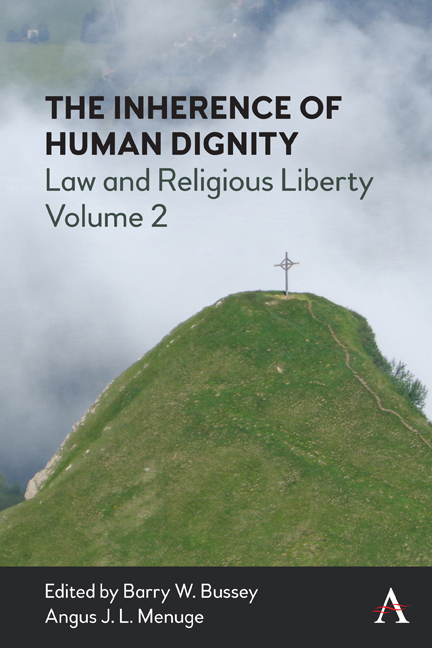Foreword
Published online by Cambridge University Press: 24 February 2022
Summary
Human rights are ‘inalienable’ rights. They do not follow the contractarian logic of give and take; nor do they function as useful bargaining chips, which people might exchange for political promises of individual welfare or collective security. The insight into the ultimate ‘inalienability’ of certain elementary rights marks a historic breakthrough. These rights henceforth define a fundamental status position, which people cannot give up without thereby betraying their own humanity, as it were. The term symbolizing this crucial insight is ‘human dignity’. It is thus no coincidence that the 1948 Universal Declaration of Human Rights (UDHR), the ‘mother document’ of international human rights protection, explicitly links the dignity of all human beings to the inalienability of their fundamental rights. The preamble sets in by professing ‘recognition of the inherent dignity and of the equal and inalienable rights of all members of the human family’.
The powerful moral connotation that the term ‘human dignity’ carries points beyond the sphere of positive human rights law. Human dignity is not just a legal or moral right besides other rights. It precedes any positive legal claims or titles by defining their raison d’être. Prior to any national or international legislation, human rights find their ultimate moral justification in the necessity to respect everyone's status as a bearer of dignity, which marks the non-negotiable precondition of any meaningful interaction between human beings whatsoever. Given the unconditional nature of that due respect, human dignity cannot exist in different degrees; nor can it depend on personal skills or faculties, which some individuals may fail to possess. The term ‘human dignity’ only makes sense when employed in an all-inclusive and egalitarian manner, as exemplified in the just-cited introductory words of the UDHR.
Human dignity undergirds the whole system of human rights, both its general principles and its specific legal titles. All human rights – from the right to life and the freedom of expression to habeas corpus guarantees and rights of political participation and so on – specify the foundational respect that human beings owe to each other as well as to themselves. Freedom of religion or belief is no exception in this regard.
- Type
- Chapter
- Information
- The Inherence of Human DignityLaw and Religious Liberty, Volume 2, pp. xi - xiiPublisher: Anthem PressPrint publication year: 2021



